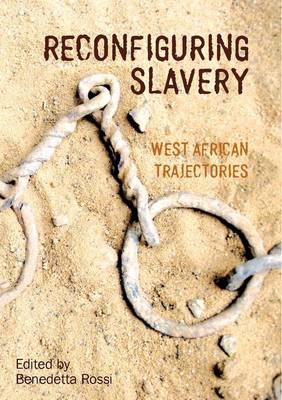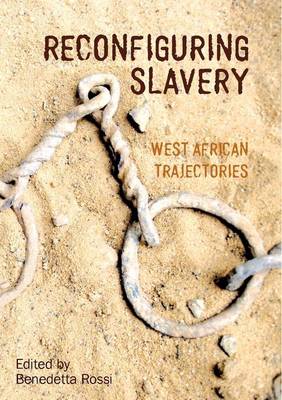
- Retrait gratuit dans votre magasin Club
- 7.000.000 titres dans notre catalogue
- Payer en toute sécurité
- Toujours un magasin près de chez vous
- Retrait gratuit dans votre magasin Club
- 7.000.0000 titres dans notre catalogue
- Payer en toute sécurité
- Toujours un magasin près de chez vous
Reconfiguring Slavery
West African Trajectories
Description
Reconfiguring Slavery focuses on the range of trajectories followed by slavery as an institution since the various abolitions of the nineteenth century. It also considers the continuing and multi-faceted strategies that descendants of both owners and slaves have developed to make what use they can of their forebears' social positions, or to distance themselves from them. Reconfiguring Slavery contains both anthropological and historical contributions that present new empirical evidence on contemporary manifestations of slavery and related phenomena in Mauritania, Benin, Niger, Cameroon, Ghana, Senegal, and the Gambia. As a whole, the volume advances a renewed conceptual framework for understanding slavery in West Africa today: instead of retracing the end of West African slavery, this work highlights the preliminary contours of its recent reconfigurations.
Spécifications
Parties prenantes
- Editeur:
Contenu
- Nombre de pages :
- 256
- Langue:
- Anglais
- Collection :
- Tome:
- n° 2
Caractéristiques
- EAN:
- 9781846311994
- Date de parution :
- 01-03-09
- Format:
- Livre relié
- Format numérique:
- Genaaid
- Dimensions :
- 157 mm x 234 mm
- Poids :
- 521 g

Les avis
Nous publions uniquement les avis qui respectent les conditions requises. Consultez nos conditions pour les avis.





